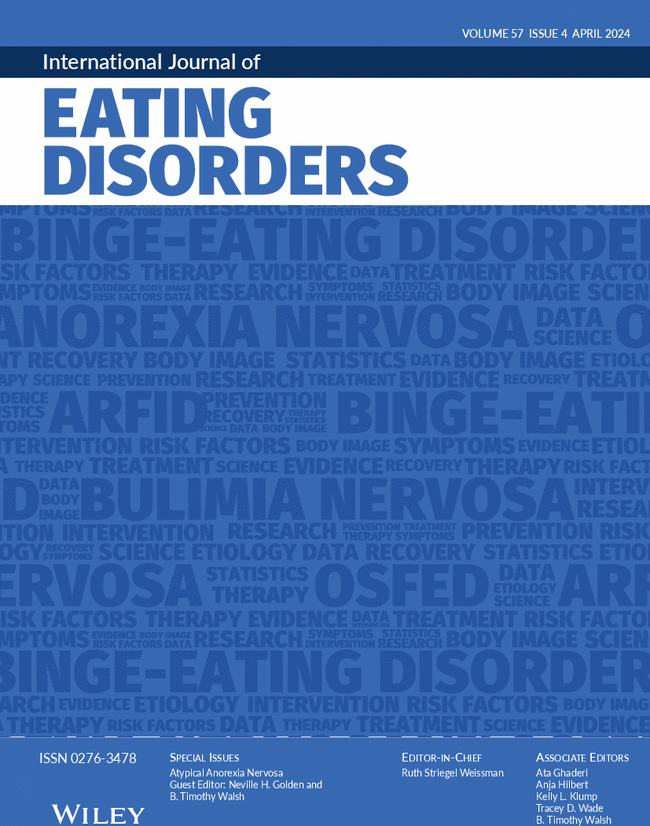Mental Health After COVID-19 Death-Related Loss in Individuals With Eating Disorders: A Multi-Country Nested Matched Case–Control Study
Abstract
Objective
The COVID-19 pandemic caused millions of deaths worldwide and significantly impacted people with eating disorders, exacerbating symptoms and limiting access to care. This study examined the association between COVID-19 death-related loss—defined as the death of a family member, friend, or acquaintance due to COVID-19—and mental health among people with preexisting eating disorders in the United States (US), the Netherlands, and Sweden.
Method
Participants with a history of eating disorders completed a baseline survey early in the pandemic (US: N = 511; Netherlands: N = 510; Sweden: N = 982) and monthly (US, the Netherlands) or biannual (Sweden) follow-ups from April 2020 to May 2021. The surveys assessed pandemic impact on eating disorder-related behaviors and concerns, anxiety, depression, sleep disturbances, and COVID-19-related deaths. A matched nested case–control design was used to compare individuals experiencing a death-related loss with matched controls.
Results
A substantial proportion experienced a COVID-19 death-related loss (US: 33%; Netherlands: 39%; Sweden: 17%). No significant differences were found between cases and controls on eating disorder, anxiety, depression, or sleep outcomes.
Discussion
Despite the expected influence of COVID-19 death-related loss on mental health, our study found no significant association. Reactions to pandemics may be highly individual, and practitioners may want to consider broader losses—such as bereavement, missed educational experiences, relationship disruptions, financial instability, and employment challenges—when addressing patients' needs. Future research should continue to explore how death-related loss impacts eating disorder risk and progression.

 求助内容:
求助内容: 应助结果提醒方式:
应助结果提醒方式:


